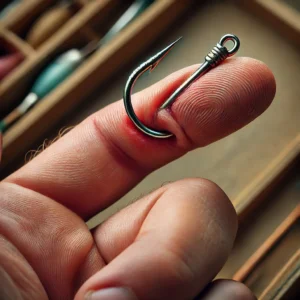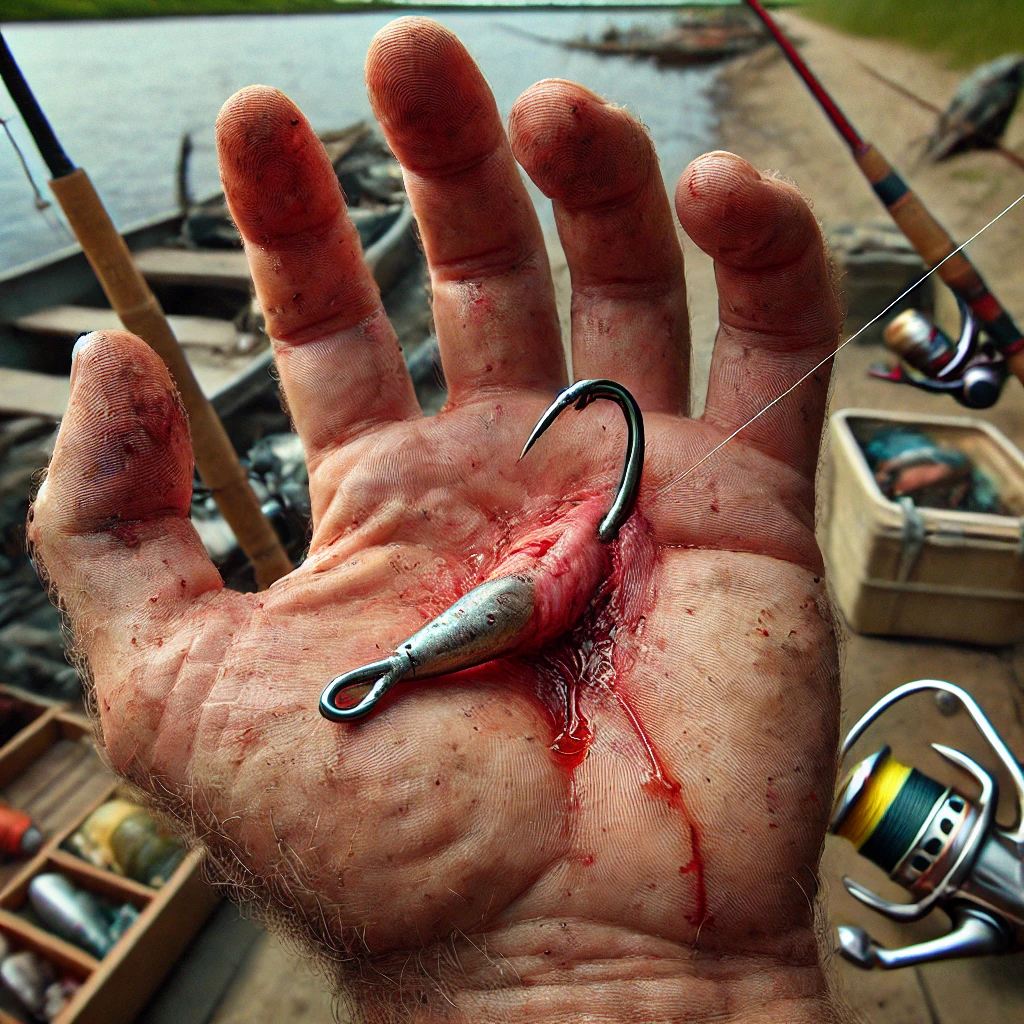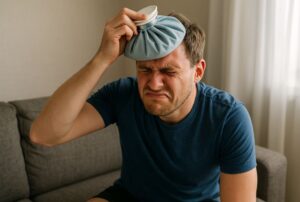Share this post
Fish Hook Injury Care: Key West Tips by Dr. Jason Pirozzolo
When planning your trip to the breathtaking shores of Key West, it’s crucial to be mindful of potential challenges that could arise during your adventure—the possibility of fishing-related injuries. As a frequent visitor to Florida’s pristine coastlines, Dr. Jason Pirozzolo, a board-certified physician with expertise in urgent care, has seen his fair share of fishing injury cases. “Fish hook and fishing injuries are common in Key West due to the area’s thriving fishing culture,” he explains, especially during peak fishing seasons when both locals and tourists participate in fishing activities. This article will walk you through everything you need to know about fishing injuries, from prevention to treatment, ensuring your Key West fishing trip remains memorable for the right reasons.
Fishing injuries occur when individuals accidentally get hooked by sharp fish hooks, suffer punctures from fish spines, or sustain hand injuries while handling large or spiny fish. Key West is renowned for its abundant fishing opportunities, but with that comes the risk of these types of injuries. Whether you’re on a deep-sea fishing charter or casting a line off the pier, understanding how to avoid and manage injuries is crucial. Dr. Jason Pirozzolo notes, “Many injuries happen when people are not wearing protective gloves or are unfamiliar with handling fish safely.”
Why are fishing injuries so co mmon in Key West? The waters surrounding Key West are rich in marine life, attracting avid anglers year-round. Activities such as deep-sea fishing, reef fishing, and pier fishing increase the likelihood of contact with sharp fish spines and hooks. Additionally, handling fish without proper equipment can lead to puncture wounds. “It’s important to be cautious, especially when dealing with species that have spiny fins or sharp teeth,” Dr. Pirozzolo advises.
mmon in Key West? The waters surrounding Key West are rich in marine life, attracting avid anglers year-round. Activities such as deep-sea fishing, reef fishing, and pier fishing increase the likelihood of contact with sharp fish spines and hooks. Additionally, handling fish without proper equipment can lead to puncture wounds. “It’s important to be cautious, especially when dealing with species that have spiny fins or sharp teeth,” Dr. Pirozzolo advises.
So, what exactly happens when you sustain a fishing injury? Typical injuries include embedded fish hooks in the skin, puncture wounds from fish spines, and lacerations. More severe cases may involve deep tissue damage or secondary infections. “Red flags to watch out for include increasing redness, swelling, pain, and any discharge from the wound,” says Dr. Pirozzolo. If you or someone you’re with experiences these symptoms, it’s crucial to visit a nearby urgent care clinic.
Diagnosis of a fishing injury typically involves a physical examination of the affected area. Healthcare providers at a Key West urgent care will assess the depth of the wound, check for retained foreign objects (such as hook fragments), and evaluate for signs of infection. In some cases, they may order imaging studies like X-rays to ensure no fragments are left inside the wound. “Prompt evaluation helps ensure proper removal of hooks and prevents complications,” explains Dr. Jason Pirozzolo.
Treatment for fishing injuries depends on the type and severity of the injury. For embedded hooks, providers may use a technique known as the “advance and cut” method to safely remove the hook. Wounds are then cleaned thoroughly, and a tetanus booster may be administered if indicated. Dr. Pirozzolo emphasizes the importance of prompt wound care, stating, “Proper cleaning and monitoring are essential to prevent infections.” Pain relievers and antibiotics may also be prescribed in cases where there is a higher risk of infection.
While treatment is important, prevention is key. Dr. Pirozzolo recommends wearing protective gloves when handling fish and using tools like hook removers to minimize direct contact with fish and hooks. Additionally, anglers should ensure they are using barbless hooks or crimping the barbs to make removal easier in case of an accident. “A little preparation can go a long way in preventing injuries,” he emphasizes.
If you’re wondering whether fishing injuries have long-term effects, the good news is that most injuries heal without complications when properly treated. However, puncture wounds from certain fish species (such as catfish or lionfish) can occasionally lead to serious infections or allergic reactions. Dr. Pirozzolo reassures patients that with prompt and appropriate care, serious complications are uncommon but advises individuals to monitor the wound for signs of delayed healing or infection.
For those who prefer to be well-prepared, carrying a small first aid kit with antiseptic wipes, bandages, and a hook remover can be incredibly useful. Dr. Pirozzolo concludes with practical advice: “Knowing how to respond to a fishing injury can make a world of difference in your experience.” Whether you’re an experienced angler or a first-time fisher, staying informed is key to enjoying all that Key West has to offer.
If you have any lingering questions, check out these frequently asked questions about fishing injuries:
FAQs
- Can I continue fishing after a minor hook injury? – Yes, but clean the wound thoroughly and monitor for signs of infection.
- What should I do if a hook is deeply embedded? – Seek professional medical attention to ensure safe removal.
- Are certain fish species more dangerous to handle? – Yes, species with spines (e.g., catfish, lionfish) pose a higher risk of puncture wounds.
- How can I reduce the risk of fishing injuries? – Wear gloves, use barbless hooks, and handle fish with appropriate tools.
- Should I get a tetanus shot after a fish hook injury? – It depends on your vaccination history. A healthcare provider can guide you.
For further reading, trusted sources like the CDC and Florida Department of Health offer detailed guidelines on marine injuries. Remember, this article is for informational purposes only and does not replace professional medical advice. If you’re in Key West and experience a fishing injury, don’t hesitate to visit a local urgent care clinic.
Stay safe, and enjoy the stunning waters of Key West. Follow Dr. Jason Pirozzolo for more health insights and updates on keeping you and your family well during your coastal adventures.




















